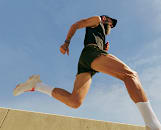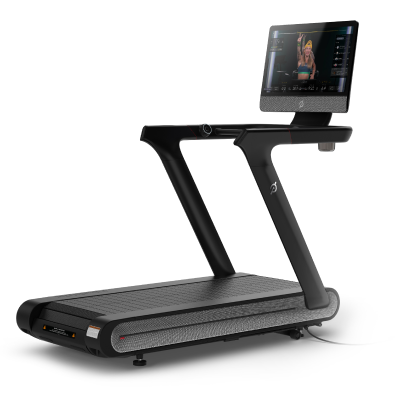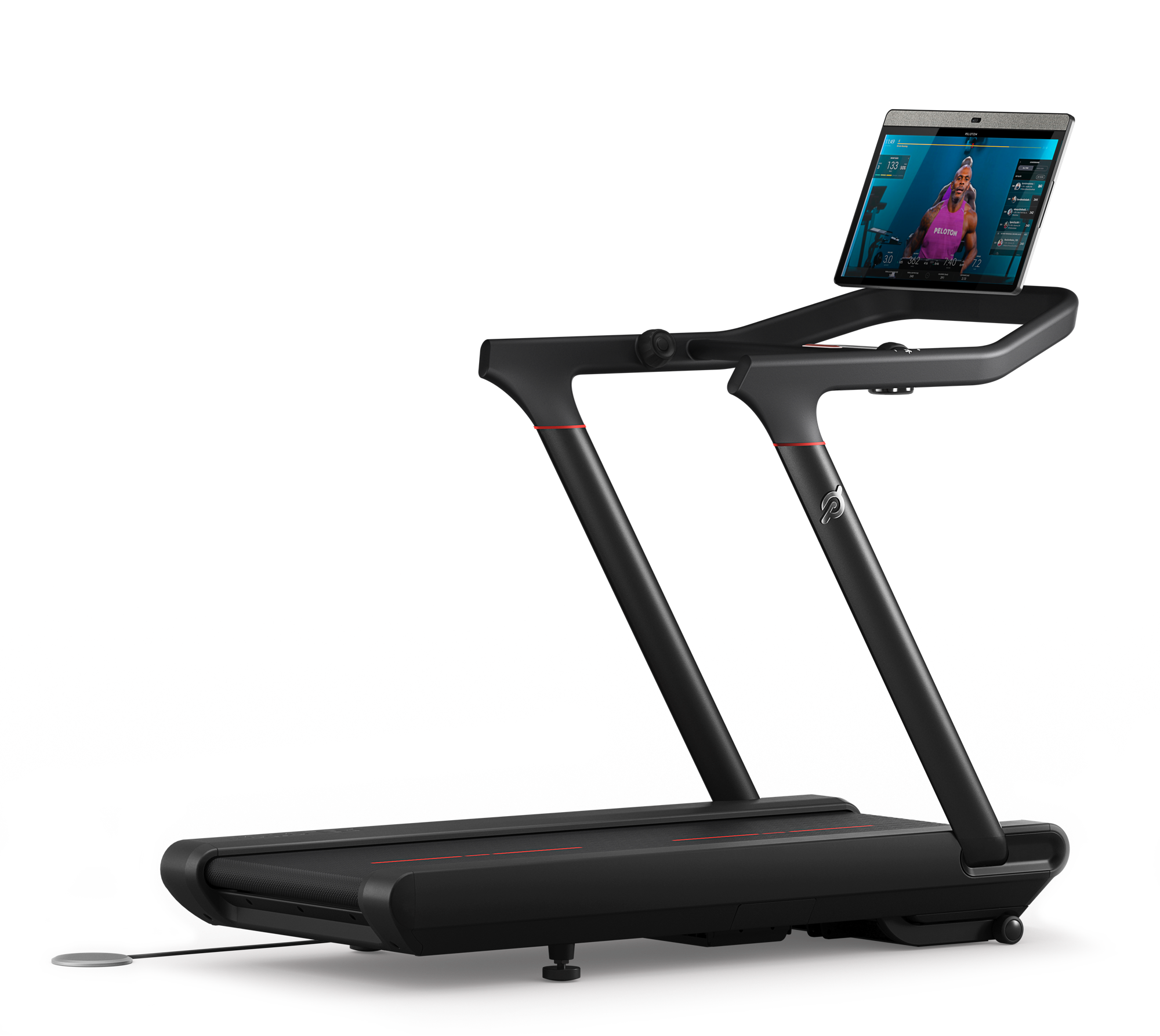
Hayden Scott / 500px / 500 px via Getty Images
What to Eat During a Long Run (Besides Just Gels)
Honey, raisins, and even mashed potatoes can also give you an energy boost.
By Kathleen Felton•
Why You Need Fuel During Long Runs
What to Eat During Long Runs
When Should You Eat During Long Runs?
More Tips for Eating During Runs
The Takeaway
Food is fuel, and you probably already know that what you eat before and after a run can play a big part in how you perform and feel. But if you’re going to be logging serious miles, running for longer than 60 minutes, or pushing yourself intensely, you likely need to eat something during your run, too.
Discover more ways to reach your goals with Peloton
Store-bought sports drinks and energy gel packets are popular because they’re easy for runners to eat and digest. And while those can be great to have on hand, there are other options you can reach for, too, including foods you might already have in your fridge or pantry. Here’s what all runners should know about what to eat during long runs, plus how to time your mid-run snacks for maximum energy benefits.
Why You Need Fuel During Long Runs
When you exercise, your body breaks down carbohydrate stores in your liver and muscles (aka glycogen, a form of glucose) and converts them into energy. If you’re exercising for a long time or at higher-than-average intensity, it’s very possible for your body to deplete these glycogen stores, leading to a quick drop in performance.
That’s where carbohydrates come in handy, as they’re the primary fuel source your body uses to maintain glycogen levels when you’re exercising, explains Gabbi Berkow, RD, a registered dietitian certified in sports dietetics based in New York. Taking a quick break to refuel with carbs can boost those glycogen levels and allow you to keep moving. “Keeping your glycogen up enables continued exercise performance, delays fatigue, and keeps blood sugar stable,” Berkow says.
Plus, eating during an especially long or intense run can help keep hunger levels balanced once you finish training, according to Kelly Jones, RD, a Philadelphia-based sports dietitian for athletes and active adults. Some people experience low blood sugar at the end of a big workout, she explains, and this “may lead to overeating, cravings, and trouble making a reasonable decision about what to eat later in the day.”

Maskot / Maskot via Getty Images
What to Eat During Long Runs
Fast-digesting carbs (think pasta, white bread, and bananas) paired with a little protein are often the best foods to eat during a long run.
These types of carbohydrates “are low in fat and fiber, so they convert to blood glucose quickly,” Berkow explains. Fast-digesting carbs can also be used for fuel shortly after they’re consumed—giving you that burst of energy you need to continue. And while protein is usually the star of post-workout snacks, “I always recommend including some quick-digesting protein as well to keep your blood sugar stable and prevent muscle breakdown,” Berkow says.
So what foods meet that criteria and make practical sense to quickly eat during a lengthy workout? Here are a handful of quick-and-easy, dietitian-recommend combos that make solid options for what to eat during long runs:
1. Honey, Dates, or Raisins
Some runners may find that a handful of dates or raisins or a few teaspoons of honey gives them an energy boost. Compared to store-bought gels, these fast-digesting carbs “may be just as successful at maintaining performance during longer-term exercise,” Jones says. “They’re higher in nutrients and tend to be more cost-effective.”
In one small 2011 study, researchers found that sun-dried raisins offered similar blood glucose benefits as commercial sports supplements for male participants doing intense cycling workouts.
2. A Smoothie or Protein Shake
Liquids go down easily, especially while you’re moving, Berkow notes—which is why many runners prefer to refuel with a drink. Her go-to smoothie combines carbs and protein: 1 cup of almond milk, 1 scoop of protein powder, and 1–2 cups of tart cherry juice.
Berkow explains that the smoothie’s almond milk provides electrolytes and fluids, while the protein powder offers amino acids for your muscles. And “tart cherry juice provides quick-digesting carbohydrates as well as antioxidants that reduce muscle soreness and decrease inflammation,” she says.
Quick reminder: If you do decide to try protein powder, it’s a good idea to opt for a NSF-certified pick and get your doctor’s OK before trying any new supplements.
3. A Serving of Pretzels or Dry Cereal with String Cheese
This carb-and-protein combo delivers stable energy during a long run. Pretzels or dry cereal are easy for your body to convert to blood glucose, and salty snacks like these can help you stay on top of fluid and sodium loss. Meanwhile, a bit of protein in the form of string cheese helps balance blood sugar levels.
4. Mashed Potato Pouches
This one requires a bit more prep, but “if you have the time, mashed potato and sweet potato pouches have been found to be effective” during a long run, Jones says. In one (albeit very small) 2019 study, researchers compared russet potato purée with commercial energy gels, and observed that potatoes were just as effective as store-bought gels when it came to exercise performance in cyclists.
5. Sports Drinks or Gels
There’s nothing wrong with sports drinks and energy gel packets—they’re easy to find and convenient to carry during a long run, after all. But you may want to experiment with a few different brands to find a product that works best for you, Jones says.
“I tend to recommend more natural products when possible,” she says, “especially when runners are using them in daily training and they make up a larger part of someone’s calorie intake over the course of a week versus someone who is just using them for long runs once per week.”
Level up Your Long Runs with the Peloton App
See all classesWhen Should You Eat During Long Runs?
During long runs, a general rule of thumb is to consume quick-digesting carbs in either liquid or food form every hour after the first hour of an intense run, Berkow says.
Of course, everyone’s body is different, and you may benefit from that energy boost at slightly different times during exercise. But most people should aim to refuel with around 30–60 grams of carbohydrates per hour for runs that are longer than 60 minutes, according to Berkow. (As for what that looks like? Thirty grams of carbs is about one small box of raisins or one ripe banana.) If you’re going to be running for longer—think two hours or more—you may need up to 90 grams of carbs each hour, Jones says.
Remember, too, that if you’re running outside on a hot day, you’re going to sweat more—and you’ll lose more sodium in the process. This means you’ll want to replenish water and electrolytes by consuming more fluids and sodium than you would on a moderate-temperature day, Berkow says. “If you’re working at a much higher intensity due to the heat, you may need to consume more carbs after the first hour after your run as well,” she notes.
More Tips for Eating During Runs
Choose foods you know. To prevent any kind of gastrointestinal distress (that’s the last thing you want when you’re miles from home!), the foods you eat during a long run should ideally be familiar. “The day of your run or competition is not the time to try a new food or product,” Berkow says. “Practice what you’ll eat and when beforehand.”
Go slow. Eating or sipping slowly, as well as chewing thoroughly, helps reduce the amount of work your gut has to do, Berkow says—and that’s important, because when you’re exercising, this organ isn’t able to work as hard as it normally does.
Don’t forget about water. It may not be as exciting as mashed potatoes, but sips of plain-old water throughout your workout will help replenish the fluids you’re losing through sweat. You’ll also want to make hydration a priority all day long—not just during exercise. The official guidelines are to aim for about 3 to 4 liters of water a day, though you might need more if you’ve been working out intensely.
The Takeaway
If you’re running a few miles or for less than 60 minutes, you probably won’t need to stop and refuel during your jog (though eating before and after your workout is still critical!). But an intense or long run—think 60 minutes or more—usually requires some fast-digesting carbs for extra energy to keep going. Store-bought sports drinks or energy gels are easy and accessible, but you can also reach for quick carbs like honey, dates, or raisins; a smoothie or protein shake; or a small serving of carbs (think pretzels or dry cereal) paired with a bit of protein like string cheese.

Peloton App
Access thousands of classes with no equipment needed.
This content is for informational and educational purposes only and does not constitute individualized advice. It is not intended to replace professional medical evaluation, diagnosis, or treatment. Seek the advice of your physician for questions you may have regarding your health or a medical condition. If you are having a medical emergency, call your physician or 911 immediately.
Explore Peloton Treads
Take your runs to the next level
Lace up and enter your email to get articles, instructor tips, and updates from Peloton sent to your inbox.
By providing your email address, you agree to receive marketing communications from Peloton.
For more about how we use your information, see our Privacy Policy.















